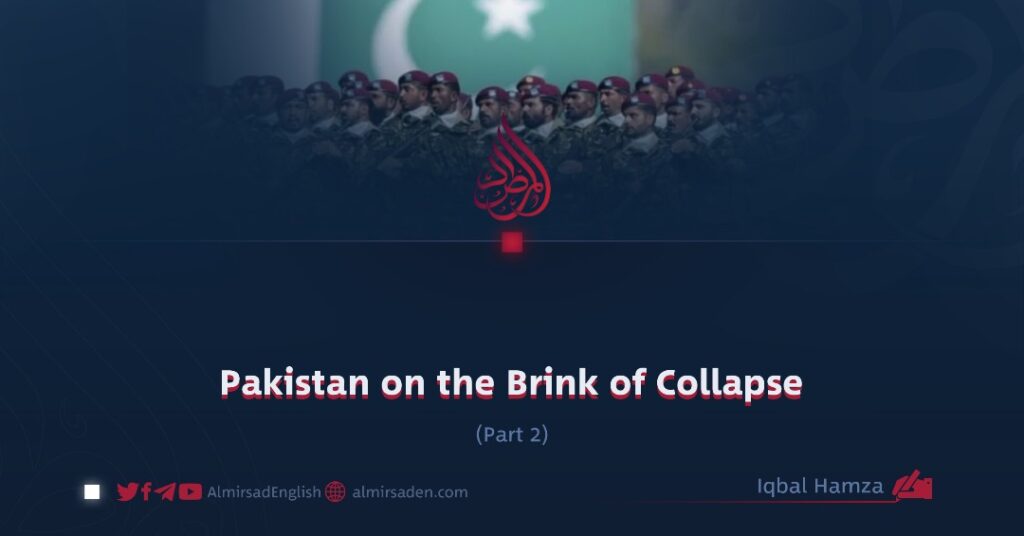Part 2
By Iqbal Hamza
In the previous part, we discussed political instability as a leading cause of Pakistan’s looming collapse. Yet the problem runs deeper. Another major factor is the fading strategic interests of the global powers that originally created and sustained Pakistan to serve their own ambitions. As the world’s political order changes, so too do the priorities of empires; a nation that was once a valuable asset can quickly become an outdated burden.
Pakistan was established by the British Empire at the height of its global might. Its creation was not an act of benevolence toward Muslims but a calculated geopolitical move. The British sought to ensure that a united India would not grow strong enough to challenge their empire, and that Afghanistan, a strong nation that had repeatedly fought them, would be restrained. To achieve this, they divided both regions, carving new boundaries that served their interests rather than those of the people who lived within them.
If the British had truly intended to protect Muslims from oppression, they would have logically merged the new Muslim-majority areas with Afghanistan, an already independent Muslim state. Instead, their real objective was to prevent the rise of any powerful regional power and to fragment the Muslims into smaller, manageable populations. In doing so, they ensured that Muslims would never again regain political authority over the Indian subcontinent.
The results of that design are clear. After Pakistan’s creation, Muslims never ruled India again, and those who remained there were gradually stripped of their most basic rights. When the British Empire itself disintegrated, the very rationale for Pakistan’s existence began to lose its relevance.
For a time, Pakistan found renewed purpose as a strategic pawn for the United States against Russia and for China as a counterbalance to India. Yet these alliances were circumstantial. With the outbreak of the war in Ukraine, the U.S. became consumed with its confrontation with Russia in Europe, leaving Pakistan strategically insignificant. Furthermore, in America’s rivalry with China, India has emerged as a far more valuable ally. Consequently, the “Pakistan project” has been transformed from a Western asset into a liability.
The threat of Pakistan’s disintegration has grown even more serious as China and India move cautiously toward improving relations. Should those ties normalize, Pakistan will lose its last remaining claim to geopolitical importance. Now, with political paralysis at home, an economy in free fall, and the world’s major powers gradually stepping away, Pakistan stands dangerously close to internal collapse.
Nations confronted by such turmoil can sometimes endure through either unity of faith or strength of geography. Pakistan, unfortunately, possesses neither. Its population is divided along ethnic, linguistic, and ideological lines. Although its people are overwhelmingly Muslim, the state’s laws and governance remain detached from Islamic principles, creating a moral and political void at the heart of the nation.
Geographically, too, Pakistan’s foundations are fragile. The state was built on disputed lands seized through force, and to this day, the rightful owners of those territories continue to assert their claims. In the face of such historical, political, and social fractures, only one force holds the potential to delay the country’s fragmentation: the establishment of a sincere Islamic system. Such a transformation could, at least for a time, preserve what remains of the nation’s unity and purpose.
